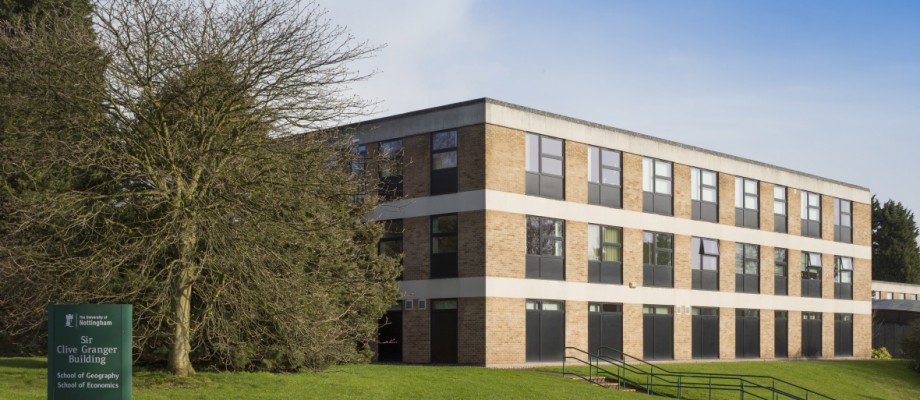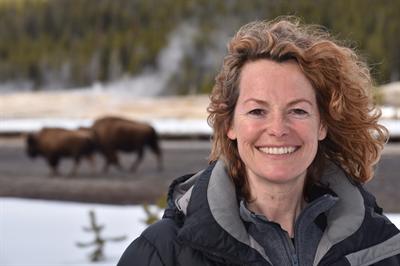Extinctions, invasions and re-wildings

This event, hosted by Kate Humble and presented by the Department of Archaeology, seeks to foster discussion and collaboration between those with different perspectives with the aim of mapping out future directions.
Britain’s biodiversity is constantly changing. Since the end of the last Ice Age, the flora, fauna and human populations have been transformed. Some species have been brought to extinction, others have been (re)introduced – the rates and responses fluctuating through time, according to changing environments, human practices and cultural attitudes to nature. Today many see the natural world as something that has been tarnished by humans and there are drives to see Britain, and many other regions of the world, returned to a perceived ‘natural’ state through re-wilding with extinct or locally extirpated species.
To fathom the complexity of the interaction between people and biodiversity and determine appropriate courses of action for the future is beyond any single discipline or interest group. Furthermore, conservation initiatives – be they related to re-wildings, preservation of threatened species or to the management of deliberately introduced species – often fail because they do not engage adequately or appropriately with the cultural aspects that are critically entangled with the plants, animals and the policy-creators themselves. It is, therefore, time for those involved in the many strands of biodiversity research to enter into dialogue with each other and with the public.
Panel members include:
- Kate Humble – panel chair
- Alastair Ward – University of Hull
- Naomi Sykes – University of Nottingham (Deeper time perspectives on animal introductions)
- Andrew Kitchener – National Museum of Scotland (Re-wilding)
- Selina Brace – Natural History Museum, London (Extinctions and re-introductions)
- Camilla Morrison-Bell – British Ecological Society (Invasives and Policy)
- Garry Marvin – University of Roehampton (Human-animal studies perspectives)
Free, please register online.
Leave a Reply
Upcoming Events
Free webinar: How to grow your ‘growth mindset’
25 April 2024
Carbon literacy training: Tuesday 14 May 2024
14 May 2024


